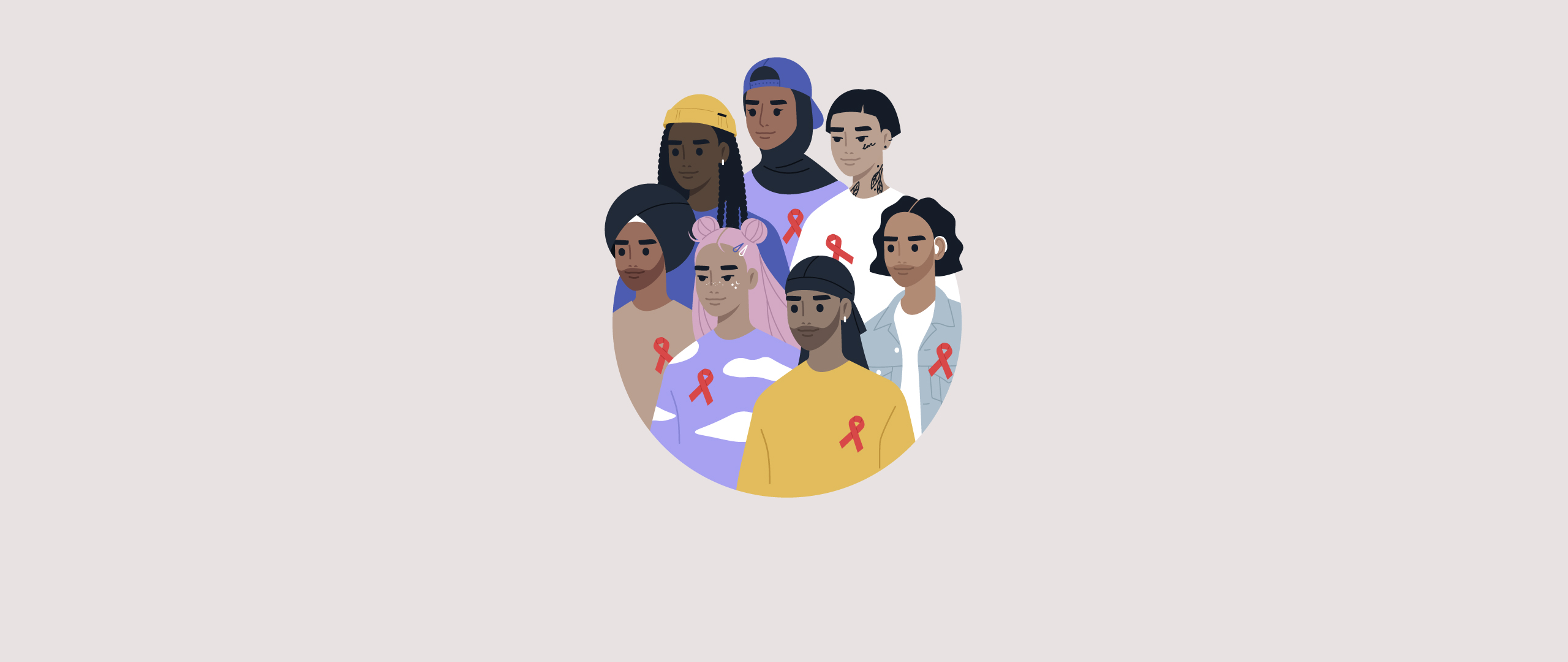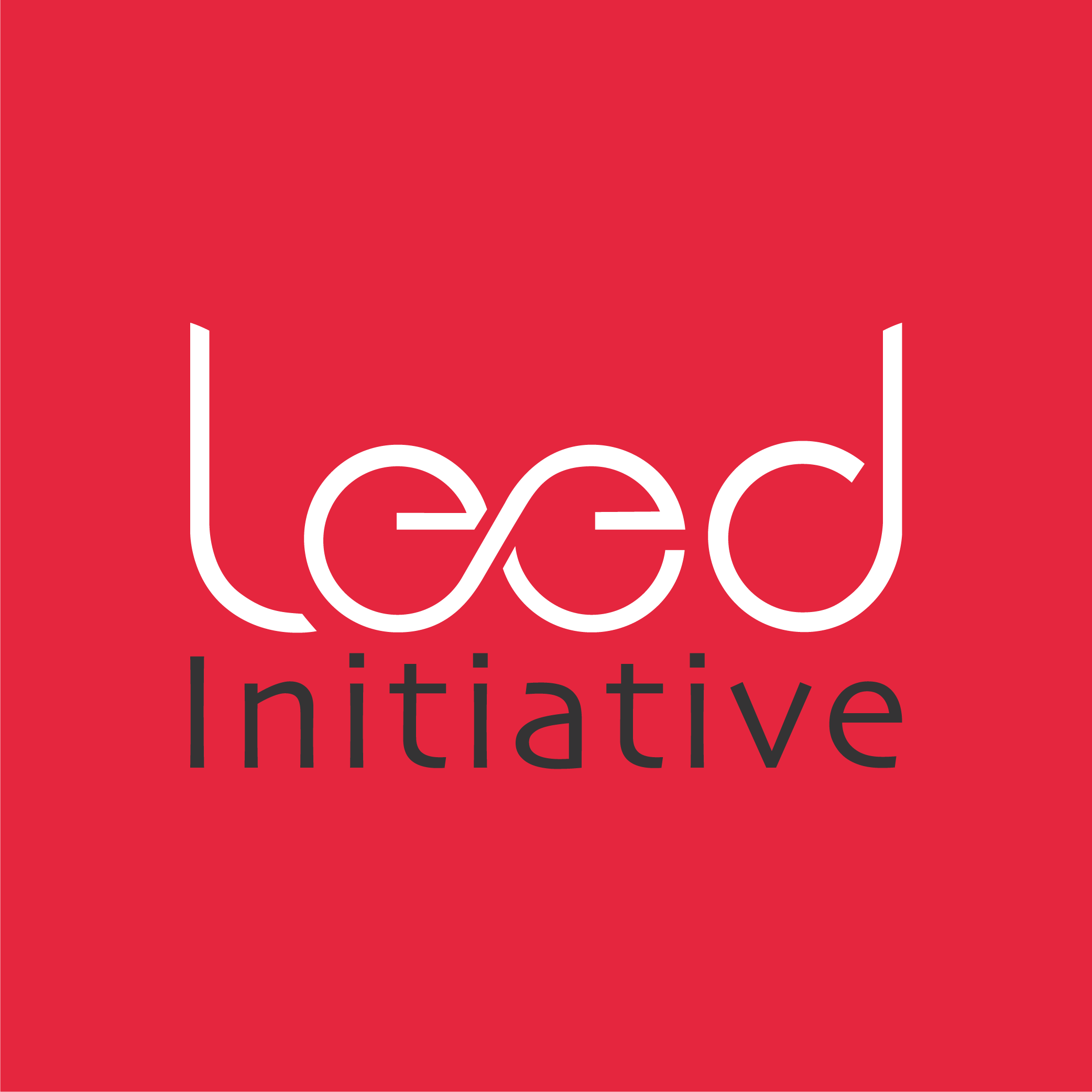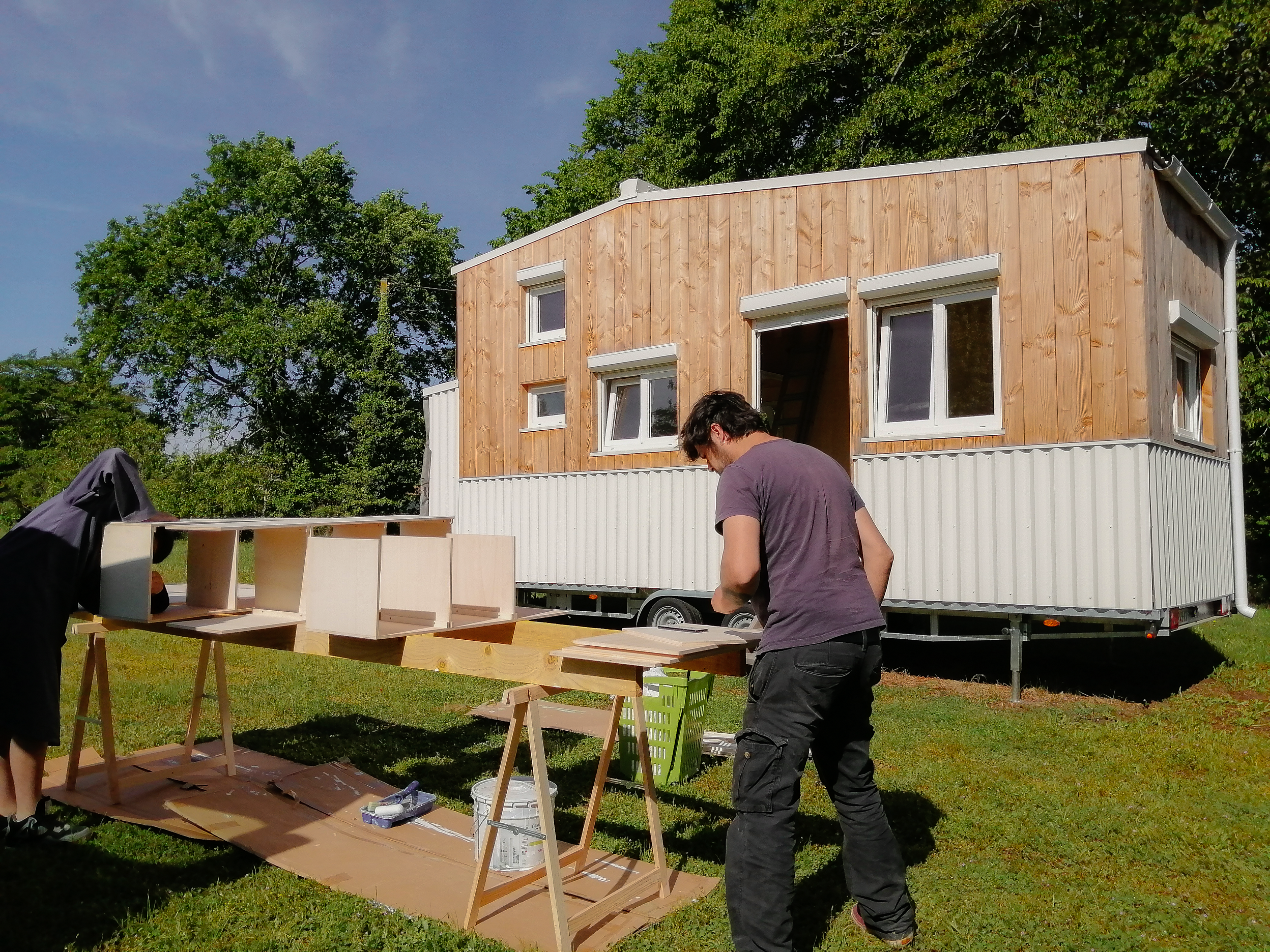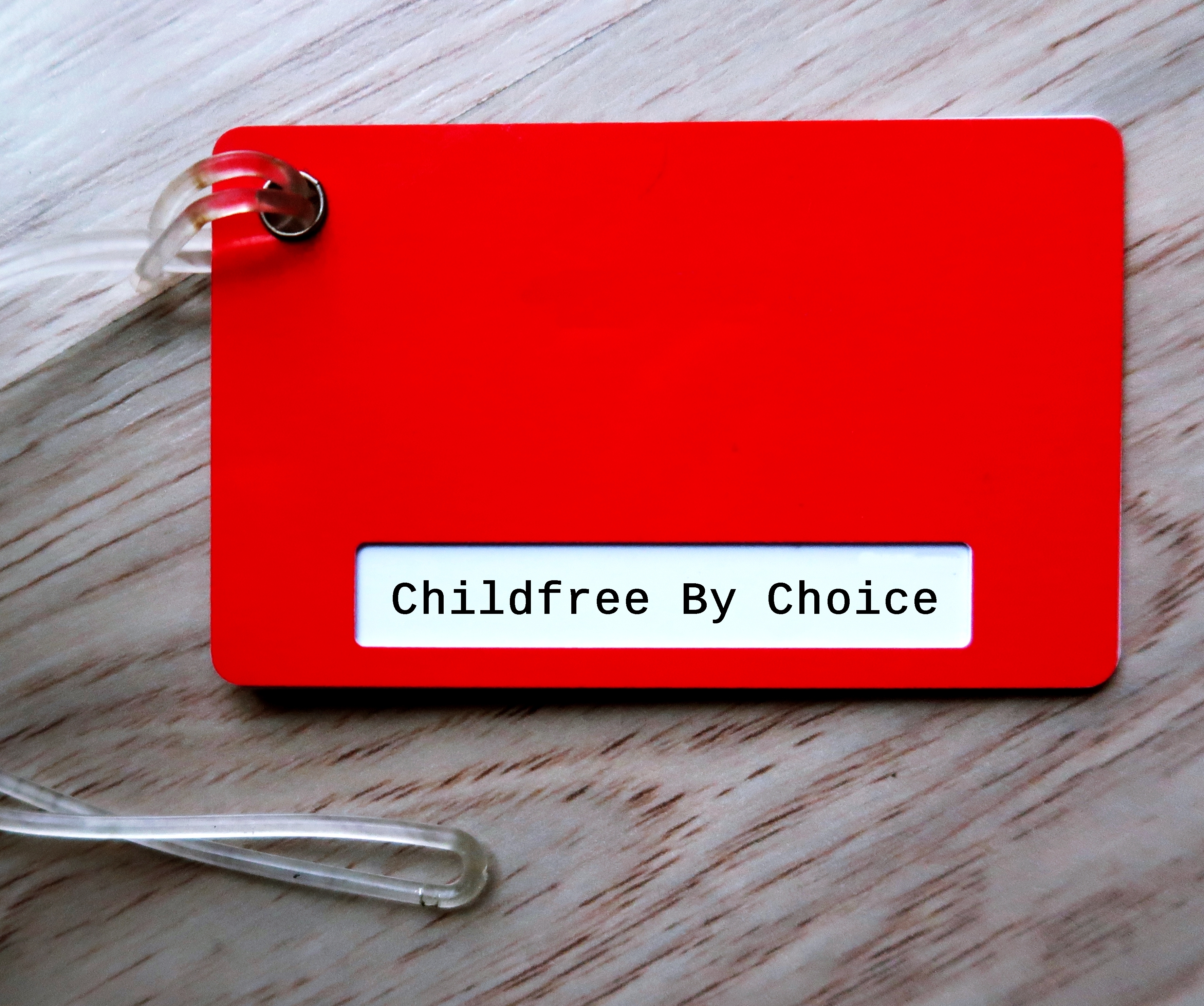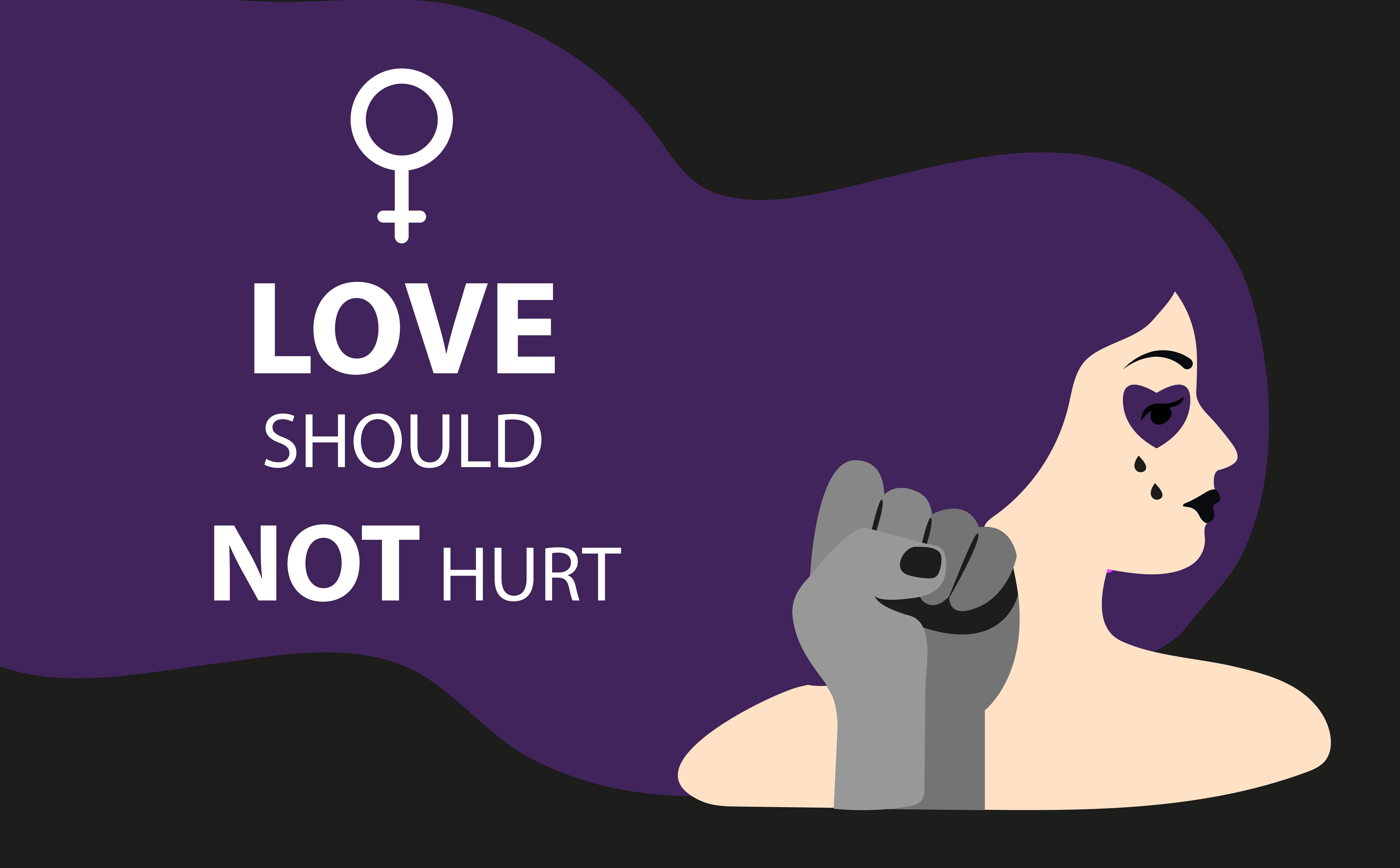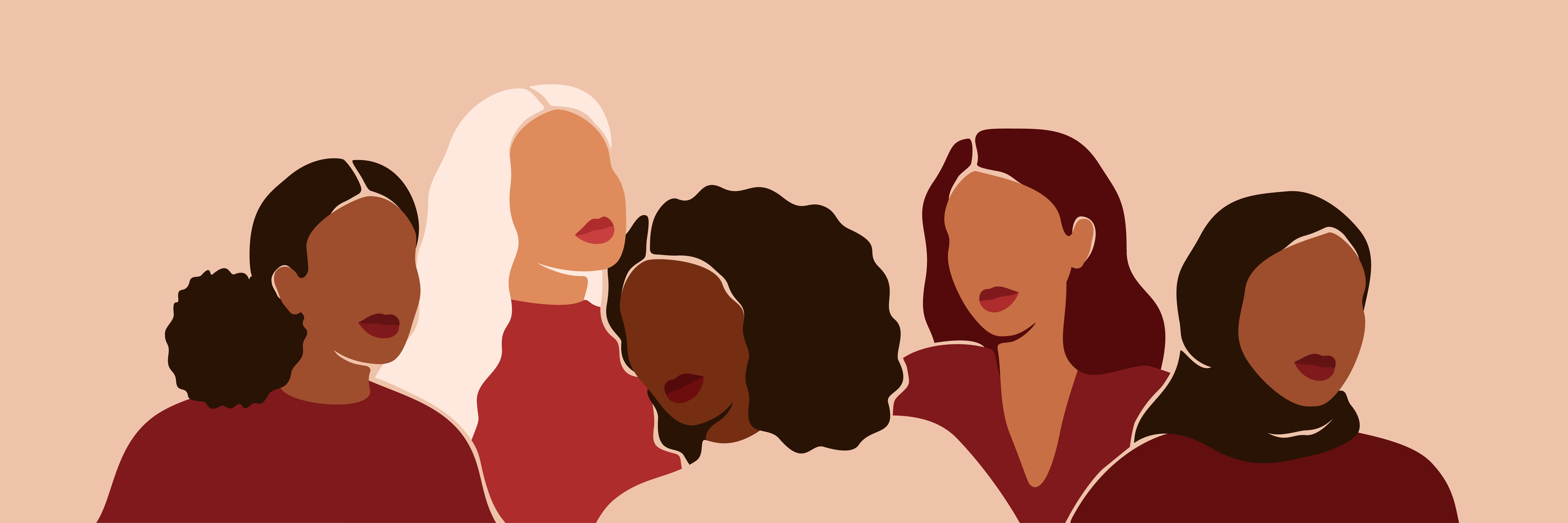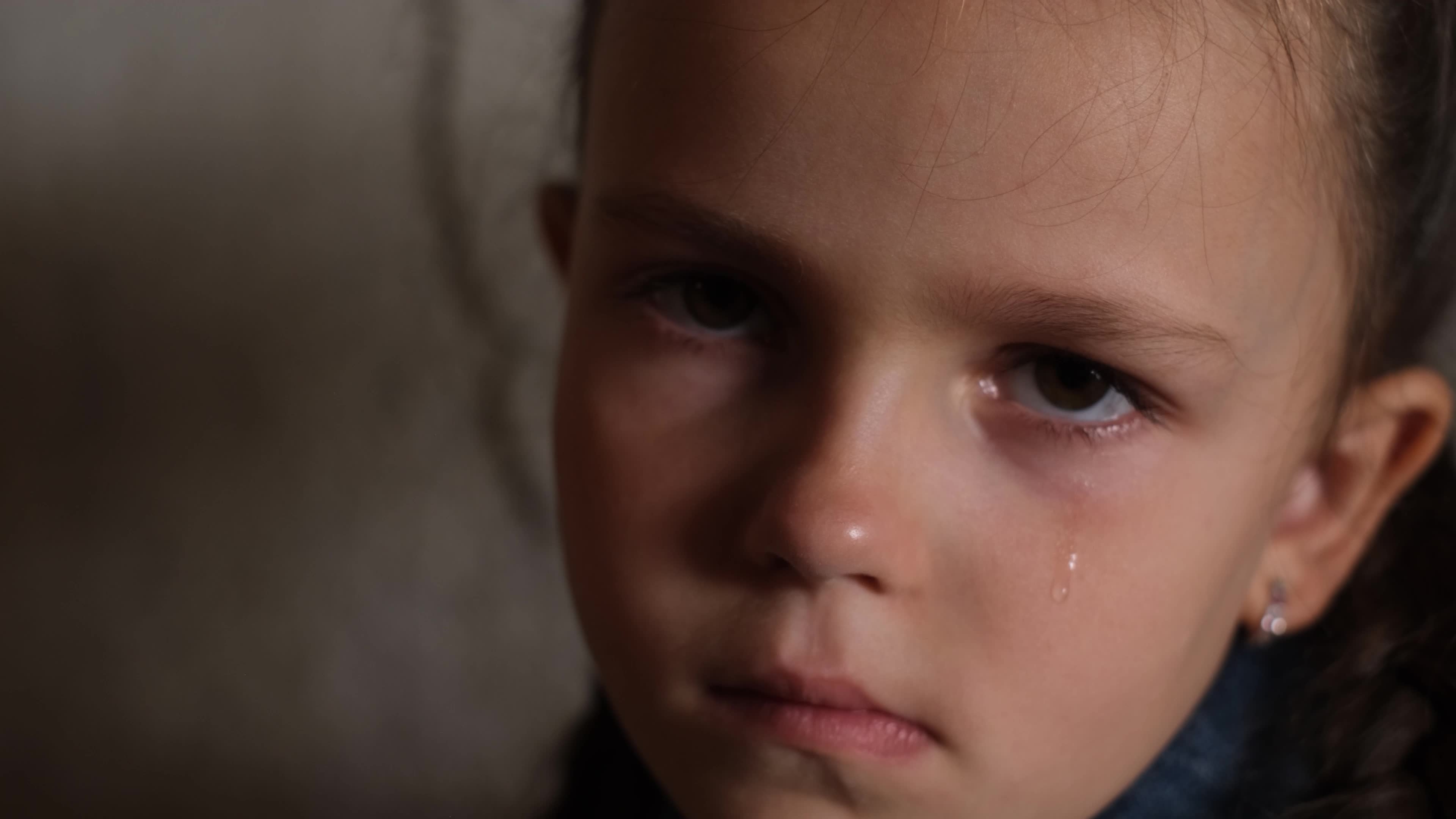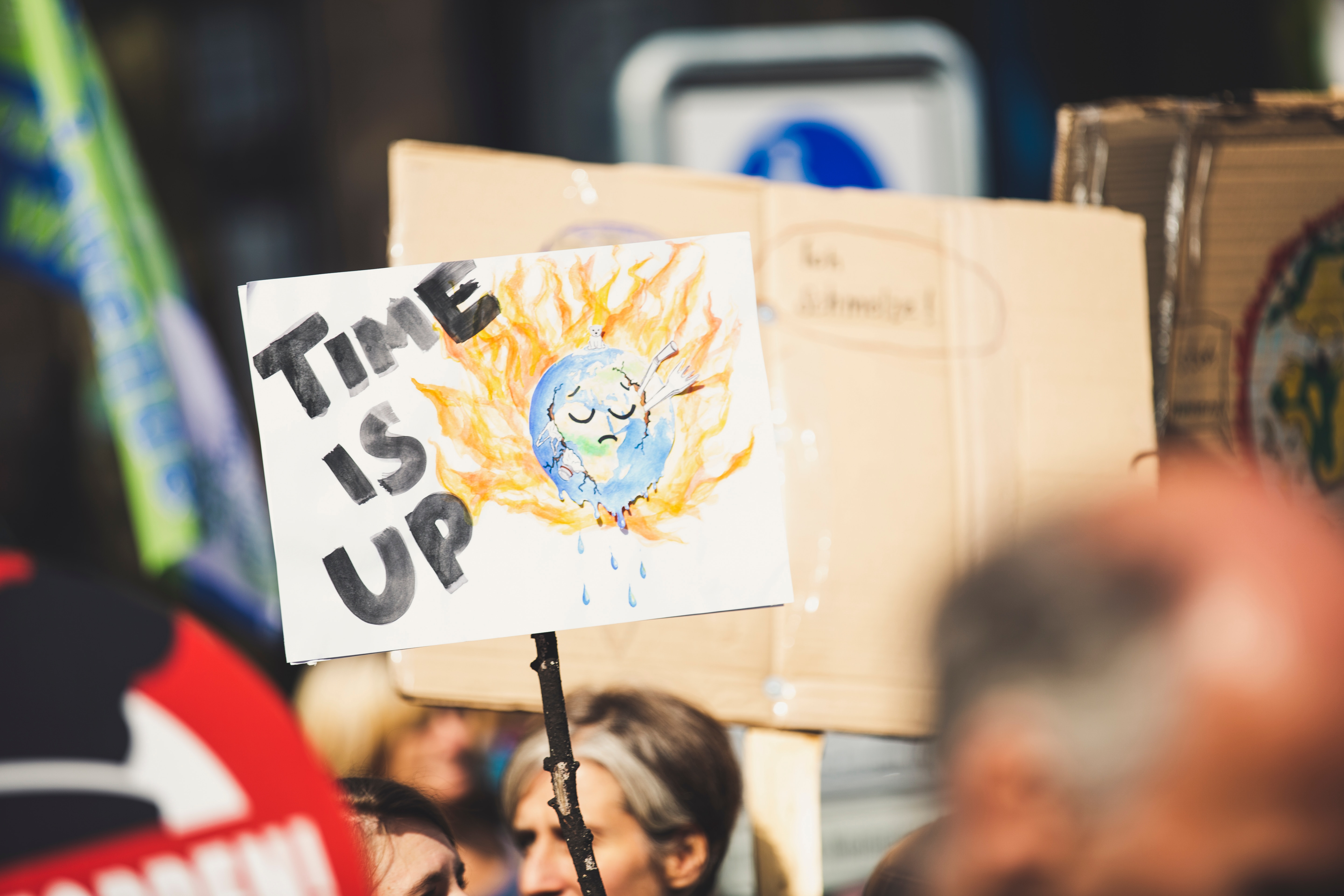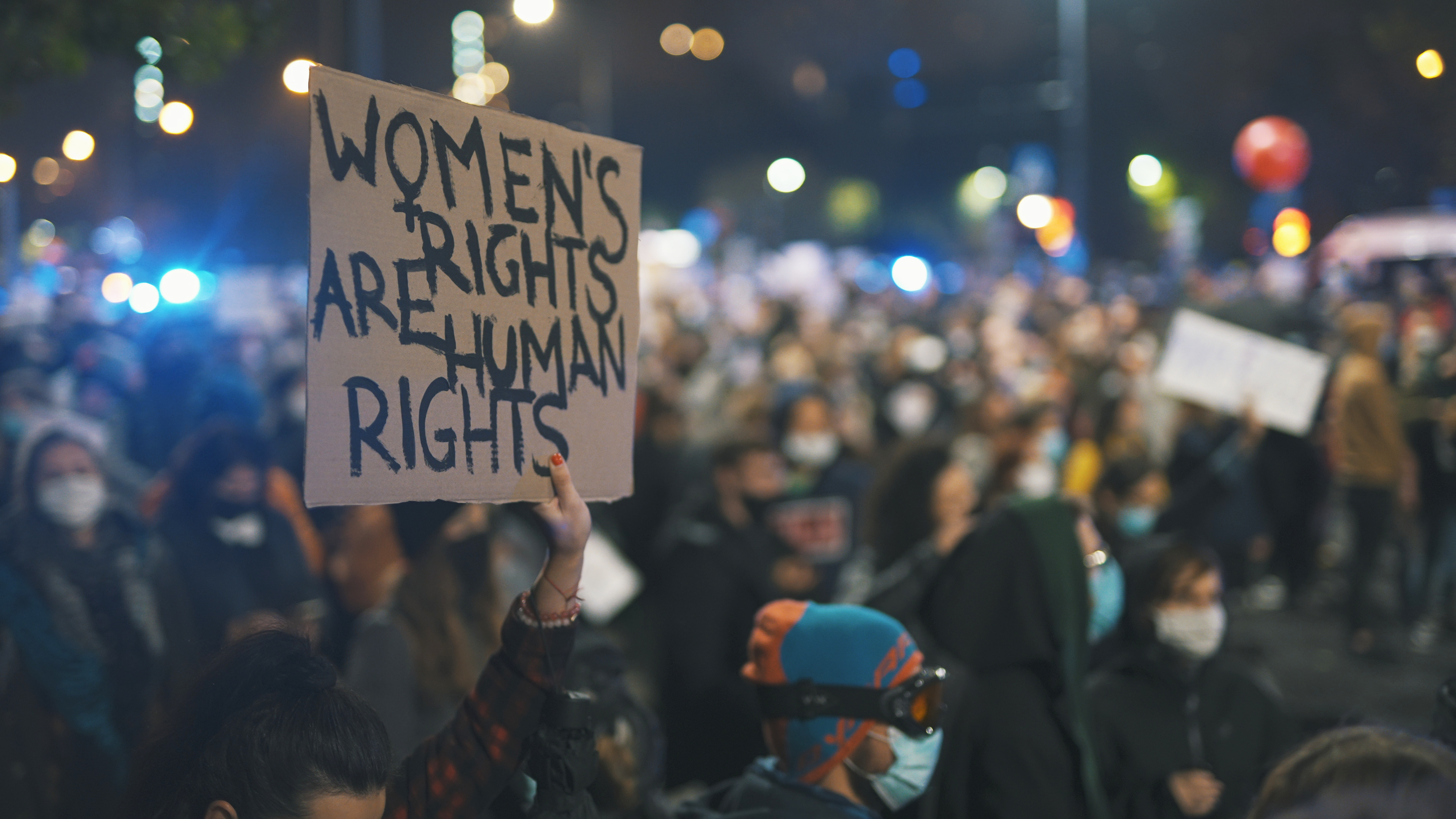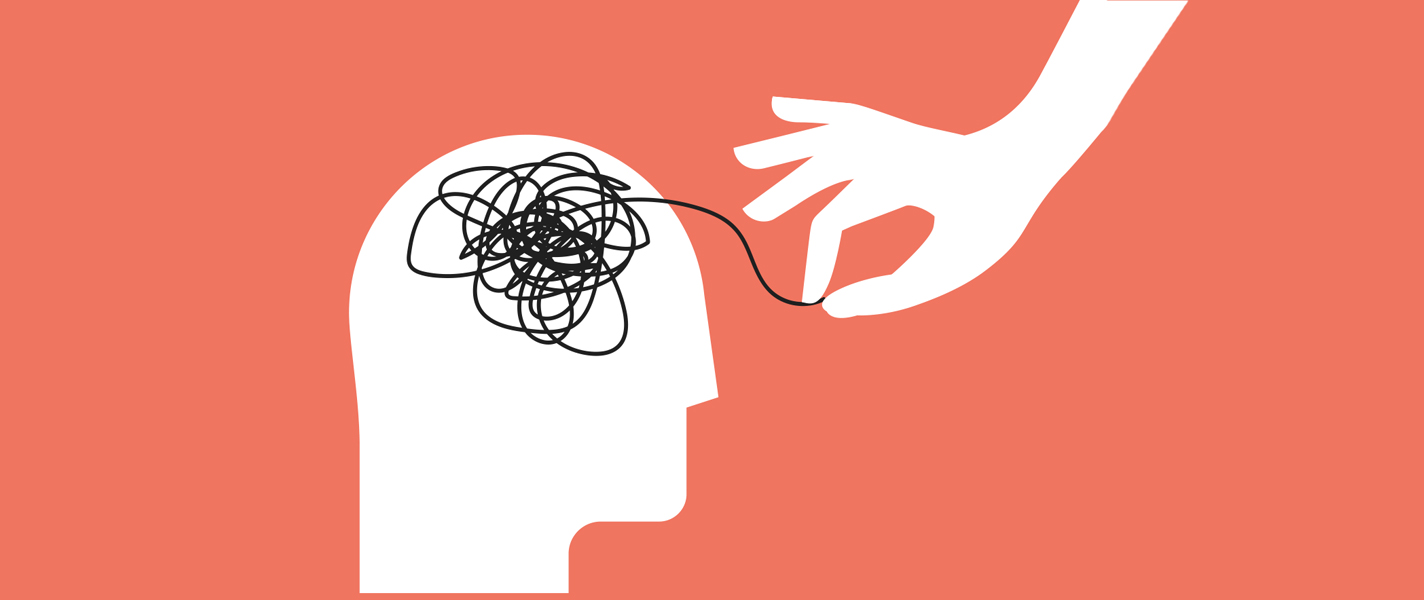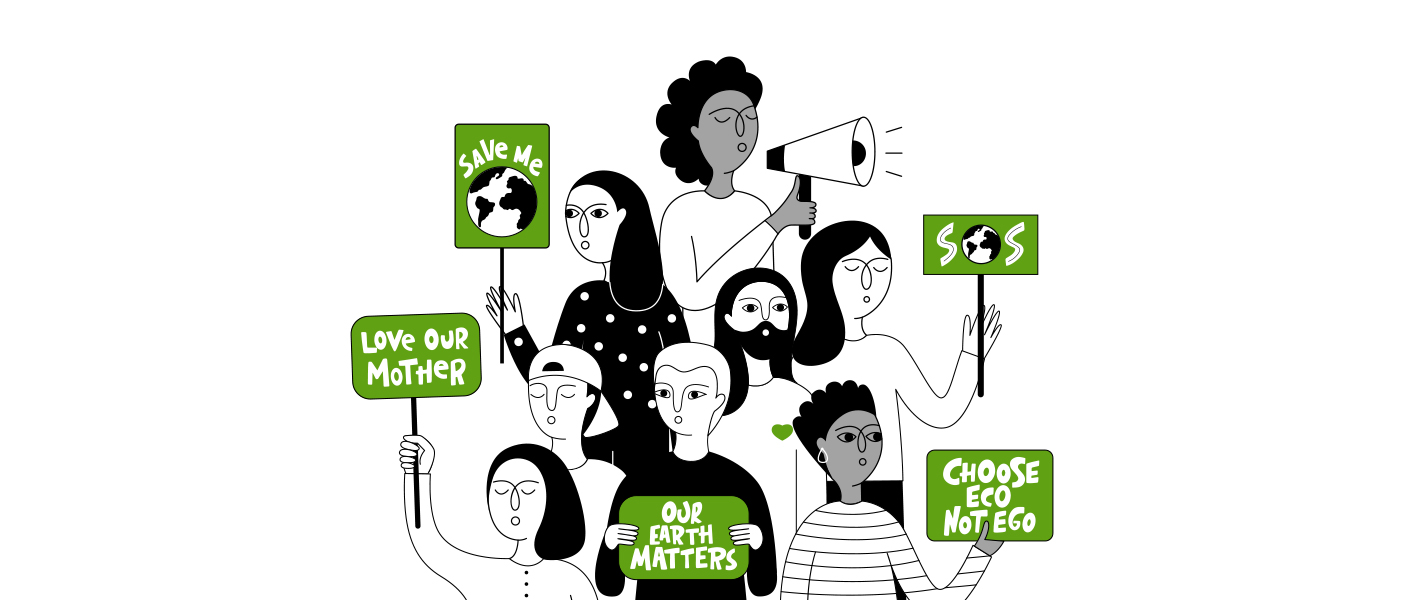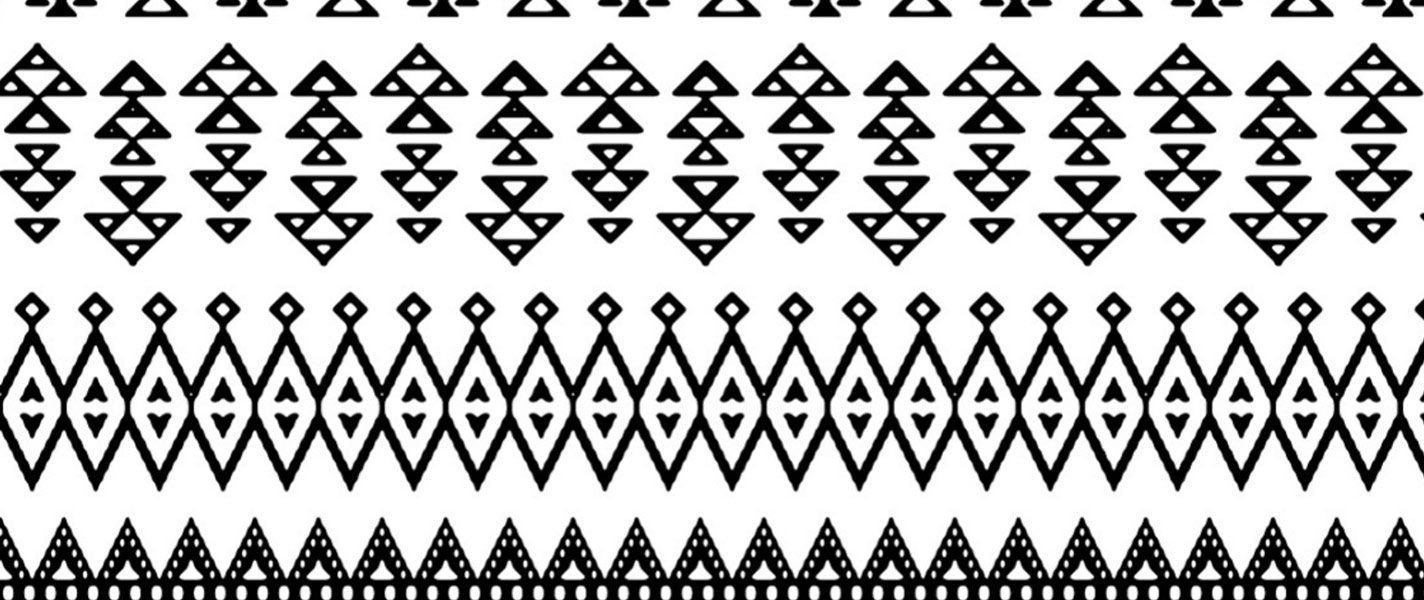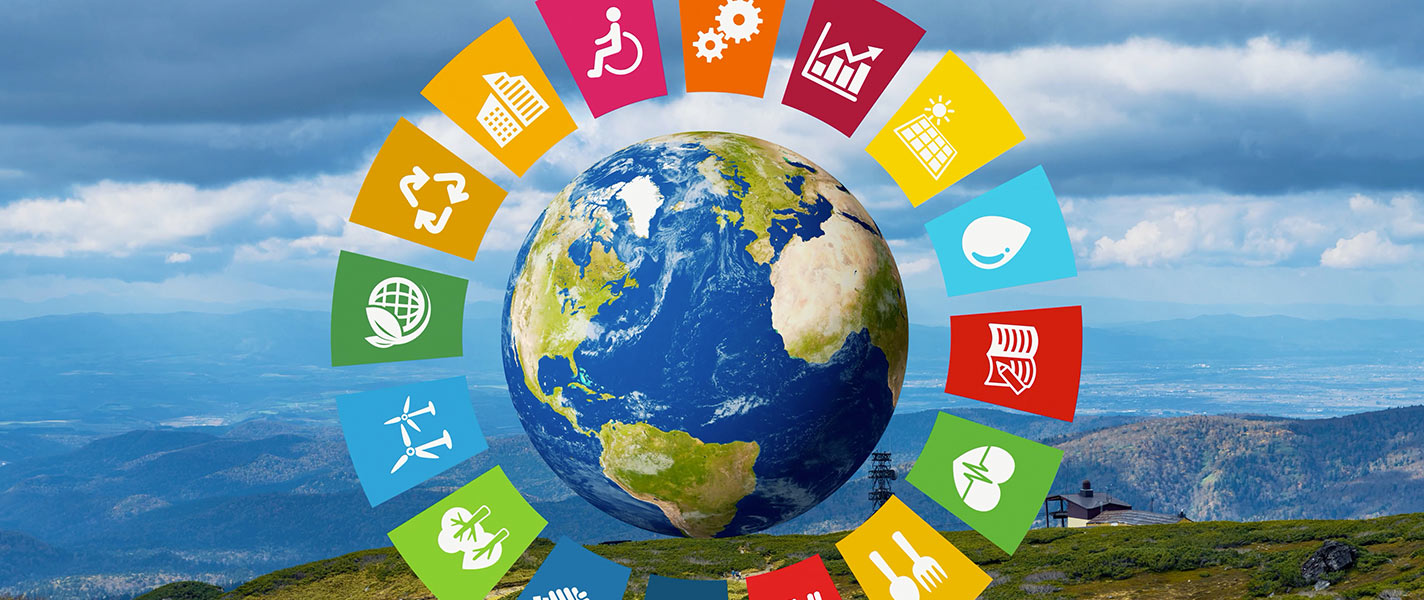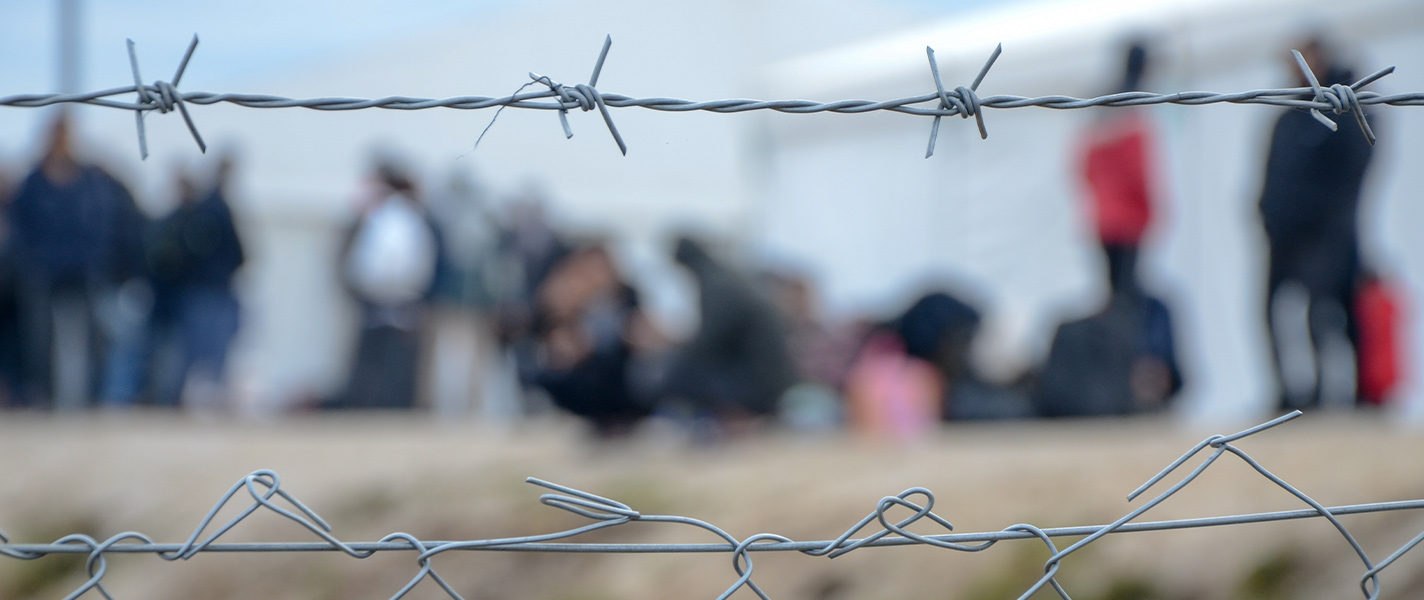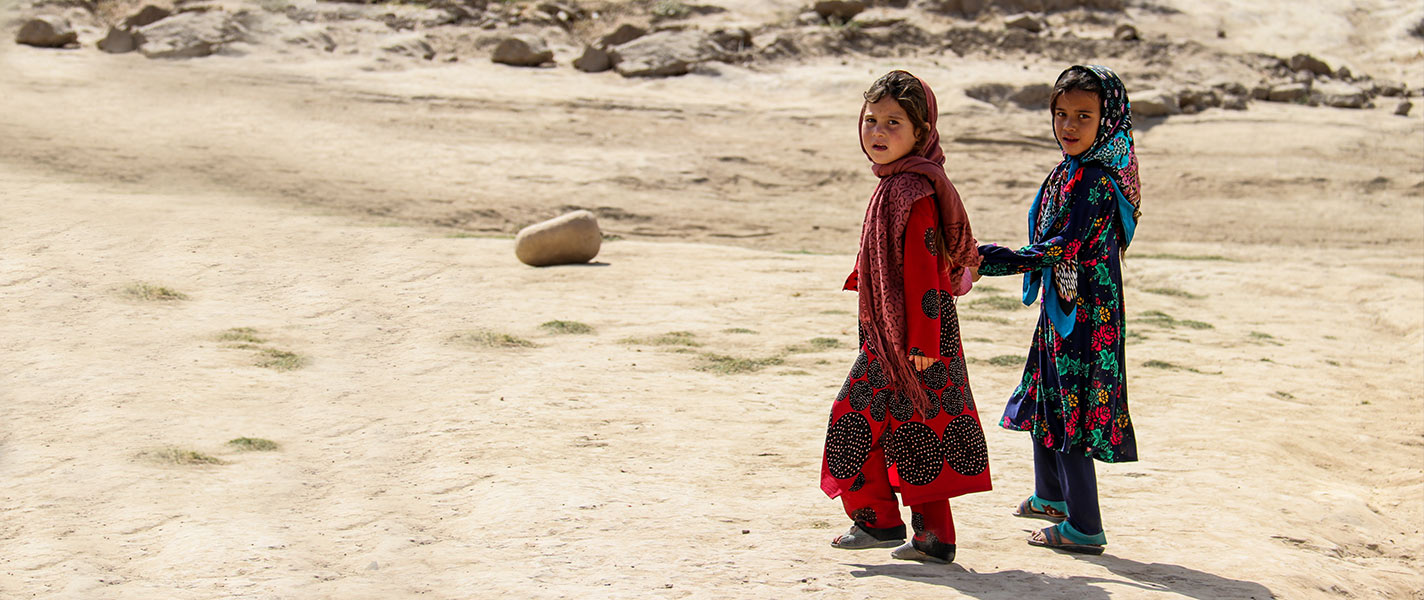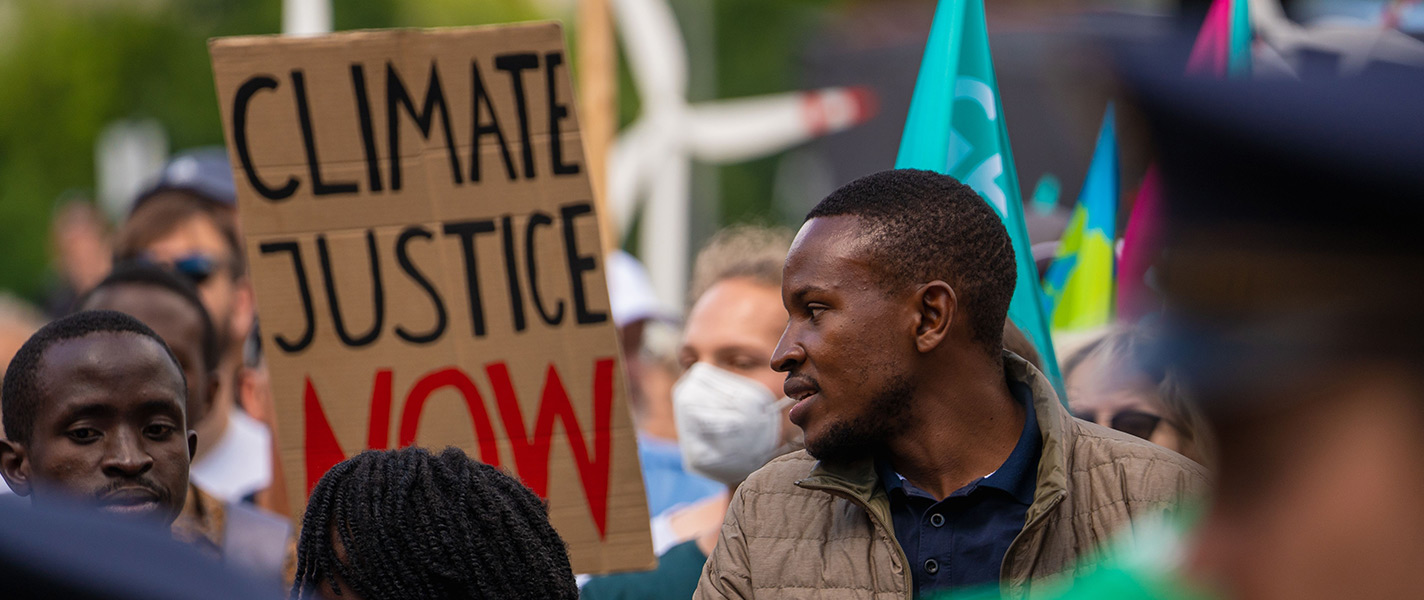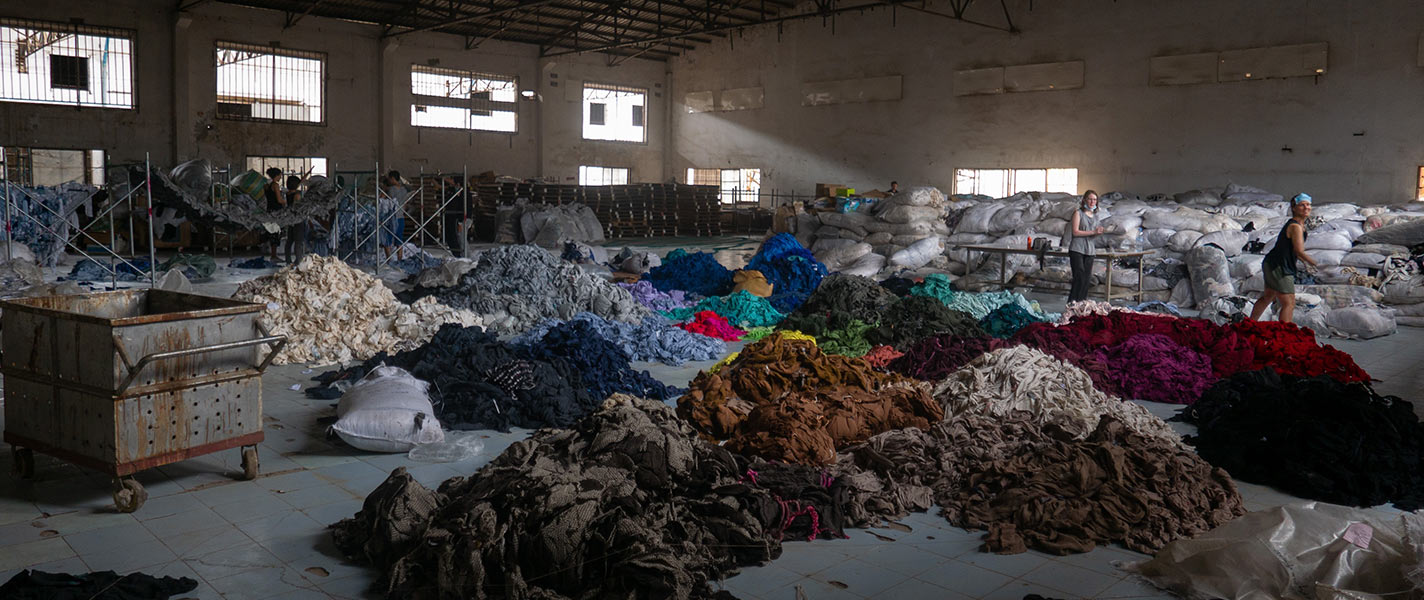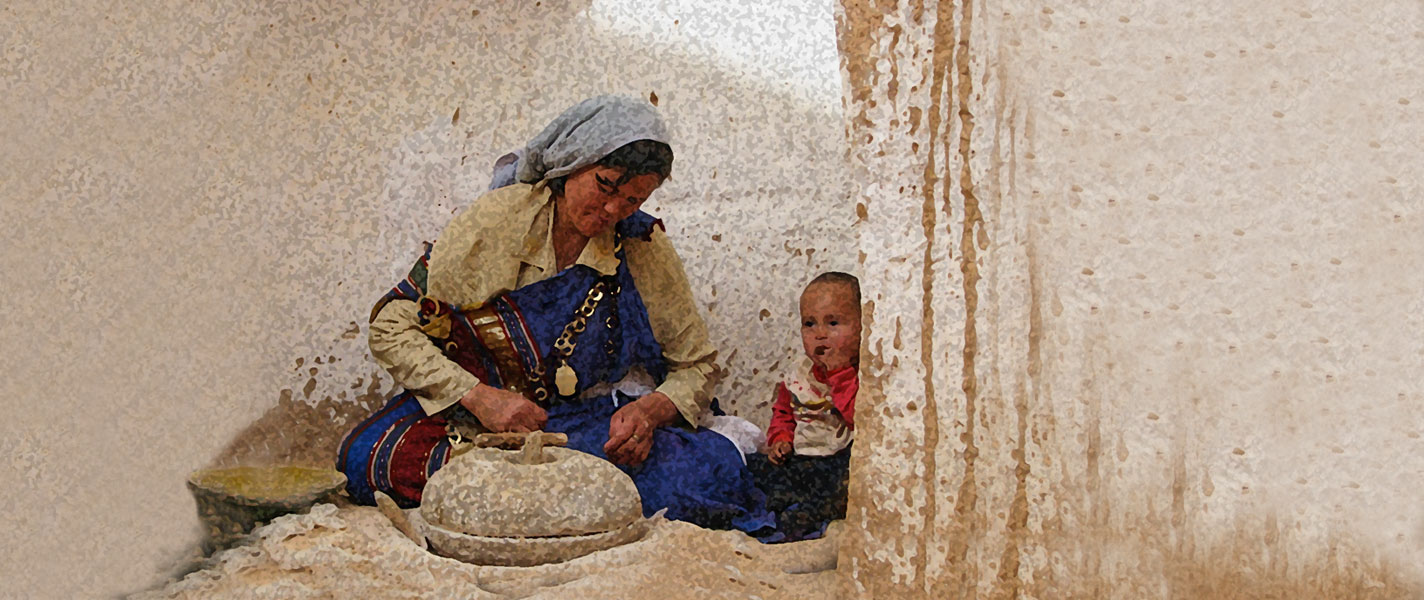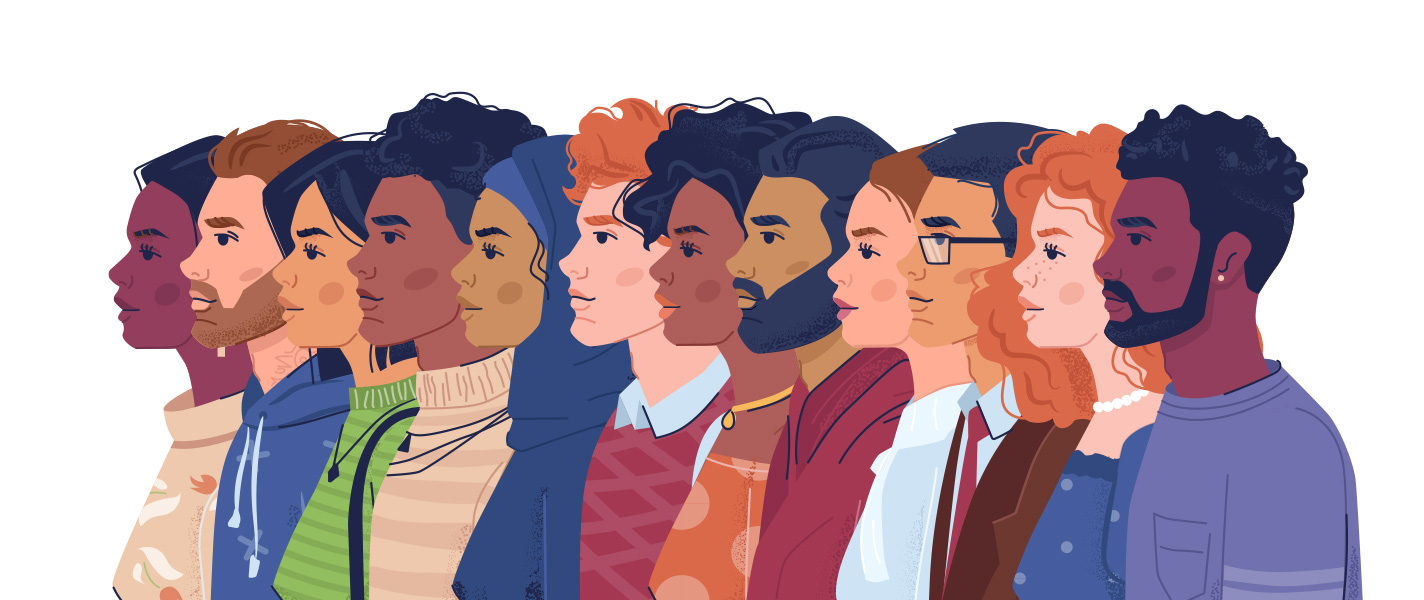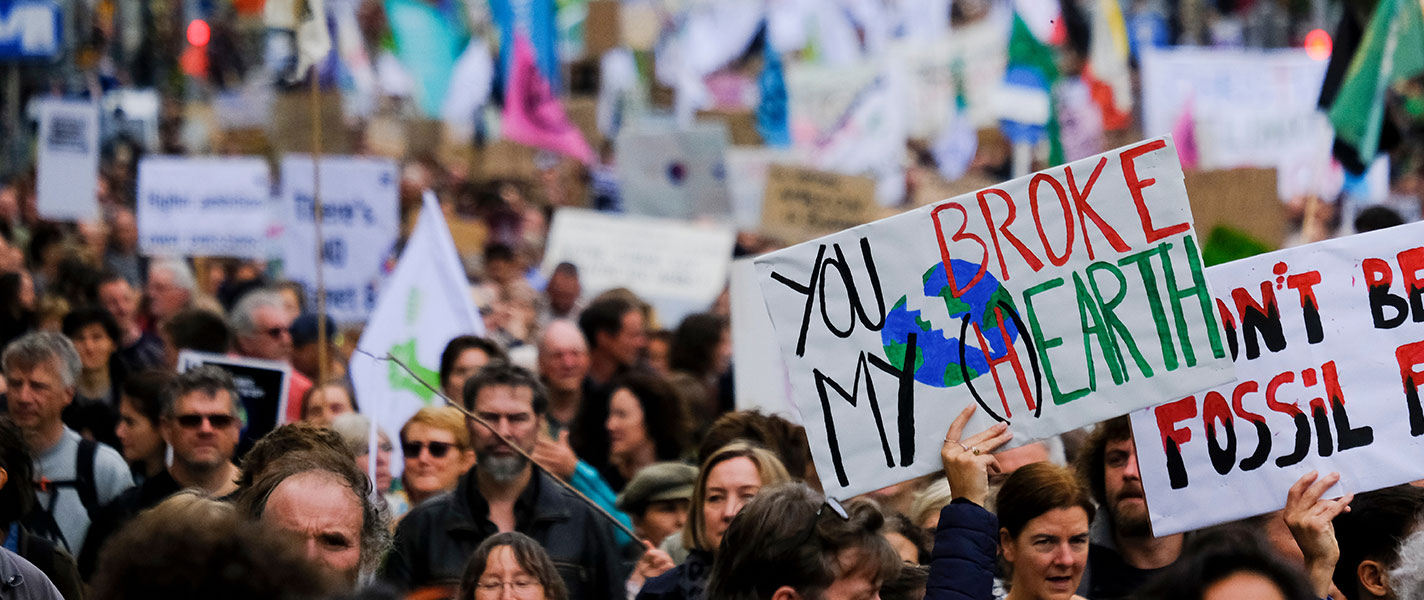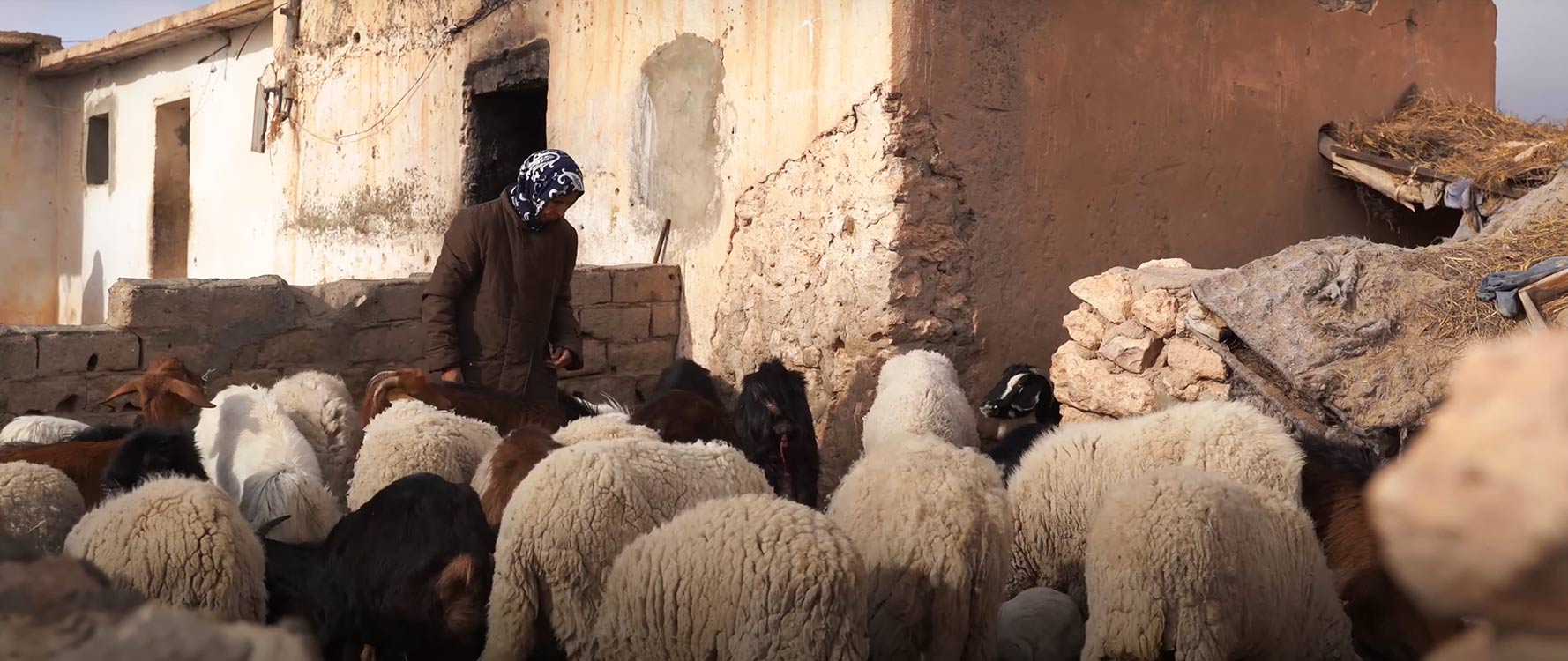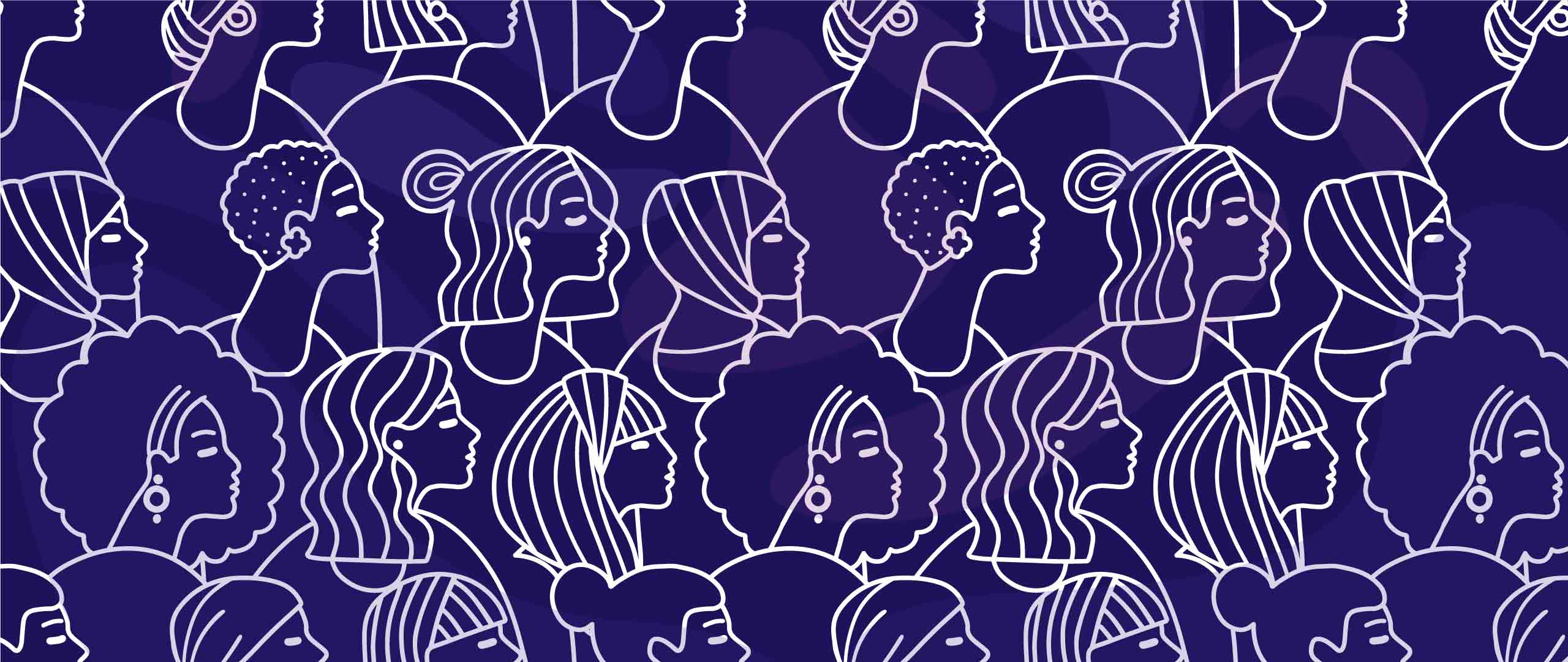Heterogeneity in HIV Epidemic Dynamics across the MENA
The prevalence of new HIV infections has scaled up swiftly in the last decade across the MENA region, despite falling numbers on a global scale.
LEED Initiative had the pleasure to attend and participate in the African Youth networks linking and learning session convened by Y+ Global on September 8th, 2022.
The Global Network of People Living with HIV (Y+) is an organization with a mission to mobilize young people living with HIV around the world in order to promote the right to have a healthy, dignified and fulfilling life. Our Outreach and Content Management Officer Cyrine Saada was nominated as a representative of LEED Initiative to take part in this online event. The latter was a safe platform for 20 African organizations with 40 youth representatives discussing policy making and strategies related to their health.
During the webinar, these representatives covered subjects ranging from network-building, to advocacy programs, fundraising, governance and partnership. Stimulating and thought-provoking discussions were held as panelists from North, East, West and South Africa introduced their respective non-governmental organizations and grassroots movements, aiming at social change and increasing the visibility of the voices of young people living with HIV.
It is worth mentioning that there were approximately 38.4 million people across the globe with HIV in 2020, according to a 2021 study by UNAIDS. Of these, 36.7 million were adults, 1.7 million were children aged above 15, and 54% were women and girls. New HIV infections refer to the estimated number of people who newly acquired HIV during a given period such as a year. Although new HIV infections have witnessed a 32% decline worldwide since 2010; the HIV epidemic in the Middle East and North Africa is still growing at an unprecedented rate. In fact, an estimated 20 000 new HIV infections in 2019 marked a 25% increase over the 16 000 new infections in 2010. This alarming data only shows that the region is far from controlling the HIV epidemic.
MENA Still Lags behind in HIV Prevention
Being vilified as a taboo and stigma in the MENA societies, HIV treatment coverage remains low, lagging responses with only 38% of people living with HIV accessing needed treatment in 2019, resulting in 8000 people dying from AIDS-related illnesses in the region. The new infections are mainly transmitted among people injecting drugs, sex workers and their clients, and unprotected sexual intercourse with an HIV positive partner. These three cases are criminalized by law in most MENA countries. Some governments also implement coercive health approaches by imposing targeted and imposing health measures upon HIV positive people under custody, forcing them into isolation or requiring HIV testing in some MENA countries. In addition, underfunding, poor surveillance, and constraints on civil society organizations, compounded by conflict and humanitarian crises hinder the path towards accessing treatment.
On the other side of the spectrum, as a response to the rapid increase in the rates of new HIV infections in the MENA, local community leaders living with HIV have come hand in hand to launch the first regional network of people living with HIV, MENA Plus, in order to promote for an inclusive culture that respects diversity and differences on basis of gender, sex, sexual orientation, age, race, color, origin, belief, ability or challenges physical or intellectual, legal and geographical status, education level, type of work, economic ability or health status.
To conclude, AIDS poses a serious health threat in the MENA. Although there is a substantial body of research conducted, much work is needed to reform laws and address outdated social norms and discriminatory attitudes and beliefs. Adopting prevention programs is the road toward eliminating HIV.
As LEED Initiative, we support and empower non-profit organizations and grassroots movements that aim to put an end to all forms of violence and discrimination in the MENA region. As a matter of fact, our partner organization for the WOMENTUM project, Roots Lab for Gender and Development works on gender issues to promote equity, equality and freedoms in Morocco through awareness programs, research and documentations.
